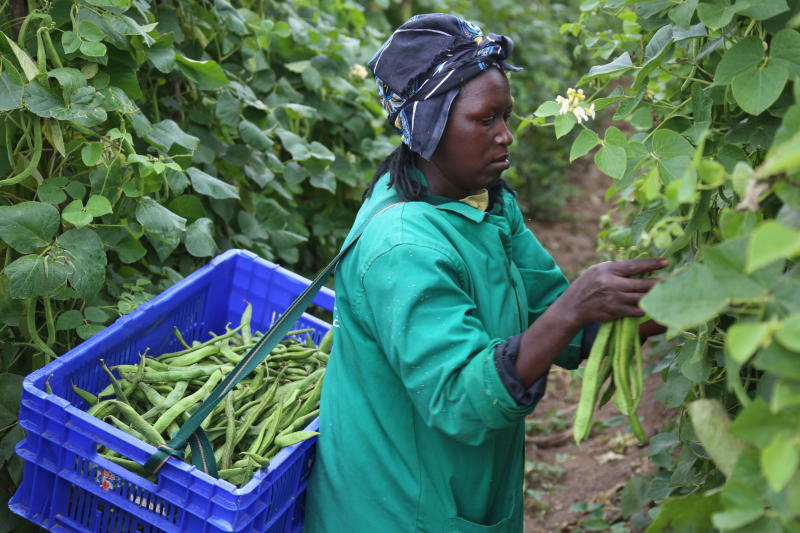×
The Standard e-Paper
Kenya’s Boldest Voice

The manufacturing sector’s growth can be tracked by the weather patterns, with rain determining the level of expansion.
As Kenya strives to increase the contribution of manufacturing to 15 per cent of the gross domestic product, the Government needs to strategise on boosting the key driver of the industrial sector - agricultural production.